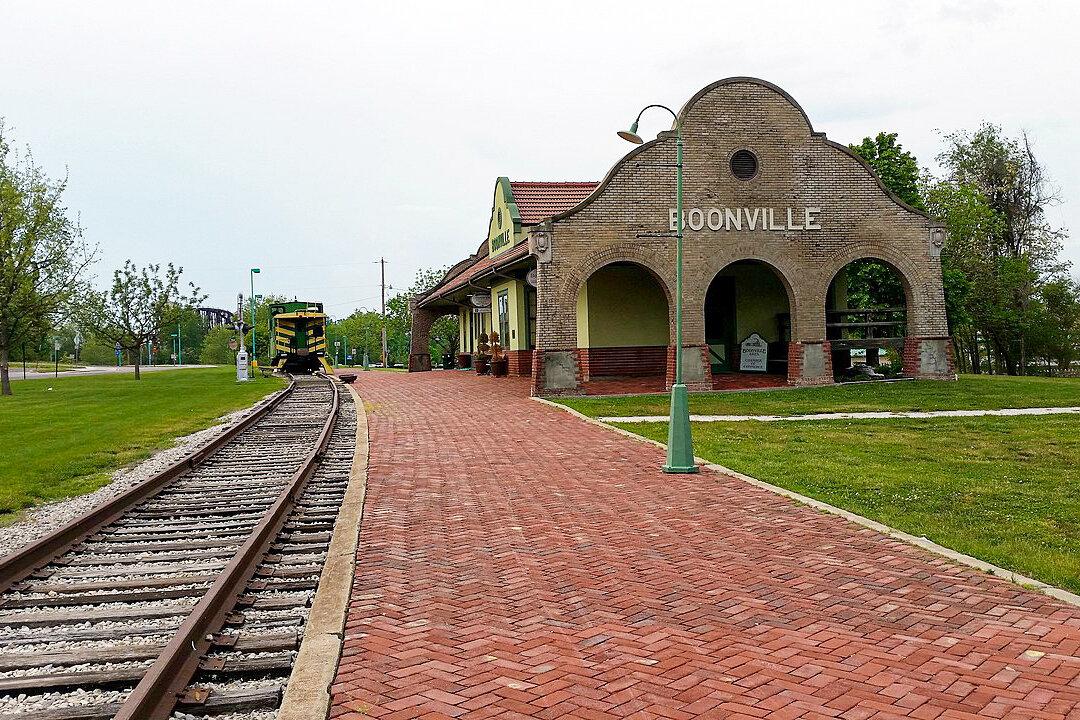Long ago, when I first met my sister-in-law-to-be, a student in her early 20s, she asked me where I’d grown up. I told her that I’d spent my elementary school years in Boonville, North Carolina, and that we’d moved to Winston-Salem when I was in high school.
She pondered my remarks for a moment and then said, “Those are strange names.”






